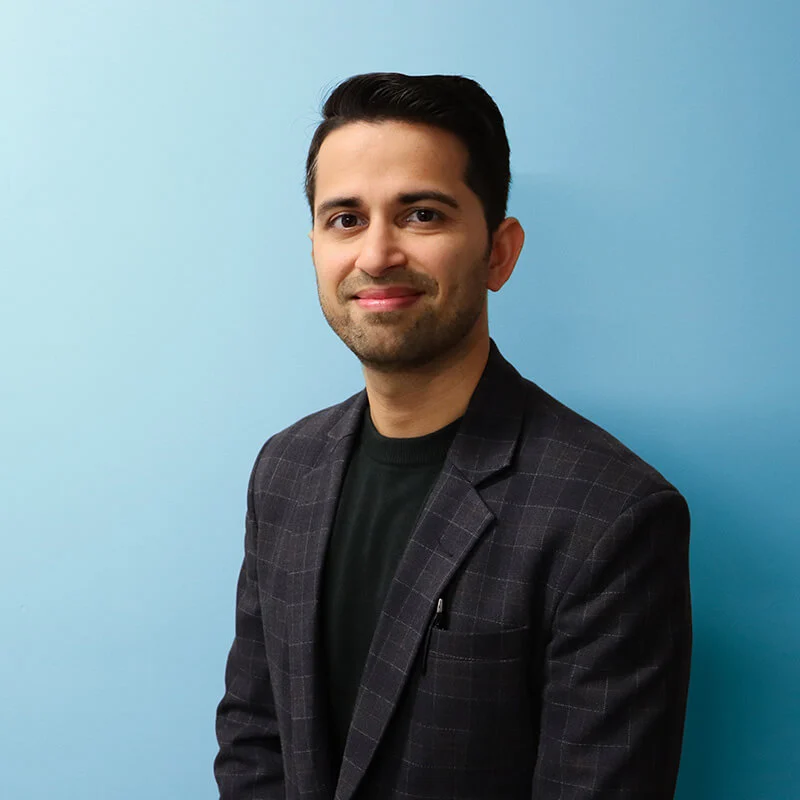We are excited to share 8 key takeaways from a recent ‘State of Immuno-Oncology’ webinar featuring a group of distinguished panelists. The webinar brought together perspectives from cancer experts, biotechnology leaders and research analysts to discuss the opportunities and challenges ahead in Immuno-Oncology (IO).
The webinar was hosted and moderated by Jeff Bockman, EVP, Oncology and Viraj Parkeh, Principal Consultant, both from Lumanity, and included the following panelists:
- Mike Curran, PhD, MD Anderson Cancer Center
- Michael Kalos, PhD, Managing Director, Next Pillar Consulting, LLC
- Kaveri Pohlman, PhD, MBA, Managing Director, Senior Equity Research Analyst, Clear Street
- Mai-Britt Zocca, PhD, President and CEO, IO Biotech
- Samik Upadhaya, PhD, Director of Scientific Affairs, Cancer Research Institute
Immunotherapy isn’t slowing down—it’s evolving
While the initial checkpoint inhibitor boom has plateaued, immunotherapy remains a cornerstone of cancer treatment. The future is focused: smarter combinations, earlier interventions, and more refined clinical strategies that build on what we’ve learned so far.
Here are 8 key takeaways from our Immuno-Oncology experts on the future of cancer immunotherapy:
- IO’s enduring power: Immuno-Oncology continues to anchor the standard of care across multiple tumor types. Long-term survival benefits, once seen as extraordinary, are now being replicated and extended to new indications.

“We see and believe that IO still is really the only modality that has delivered durable survival in a lot of metastatic diseases.”
— Samik Upadhaya, PhD, Director of Scientific Affairs, CRI
2. Real-world cures are in the clinic: IO isn’t just prolonging life in late-stage disease—it’s curing patients when given before or after surgery. Melanoma, NSCLC (Non-small cell lung cancer), and even pancreatic cancer are seeing durable pathologic complete responses and long relapse free intervals.
3. Cell therapies are gaining ground: Engineering breakthroughs solve manufacturability and delivery challenges – unlocking CART, TCR, and off the shelf allogeneic approaches.
4. Reinvestment in basic biology & translational research: Mechanistic insights from both successes and failures are essential to shaping biomarker strategies and guiding next-gen immunotherapy development.
“If we don’t harvest hard-won lessons from both our wins and our failures—investing deeply in mechanistic and translational work—we’ll keep chasing the same targets and never build the next truly transformative IO therapies.”
— Jeff Bockman, EVP Oncology, Lumanity

5. Smarter combination strategies: The era of empirical PD-1 + everything is ending. AI and digital tools are being deployed to sharpen target identification, accelerate drug discovery, and optimize trial design and validation.
6. Intratumoral delivery deserves a second look: Intratumoral (IT) agents let us deliver potent immune modulators locally – yet regulatory, reimbursement, and operational barriers still need to be addressed.
7. AI-driven biomarkers are ready for prime time: Emerging AI models trained on routine labs, imaging, and spatial “omics” now outperform PD-L1 in predicting response -, in the not-so-distant future, these could be embedded directly into hospital electronic medical records.
8. Equity, access & implementation matter: Cutting-edge science only delivers cures if patients can actually receive the treatments. Expanding molecular testing, ensuring trial diversity, and streamlining logistics are critical to future success.
Whether you’re in the clinic, the lab, or just IO-curious—this is a must-see. Watch the full webinar below to get up to speed on where cancer immunotherapy is headed next!
